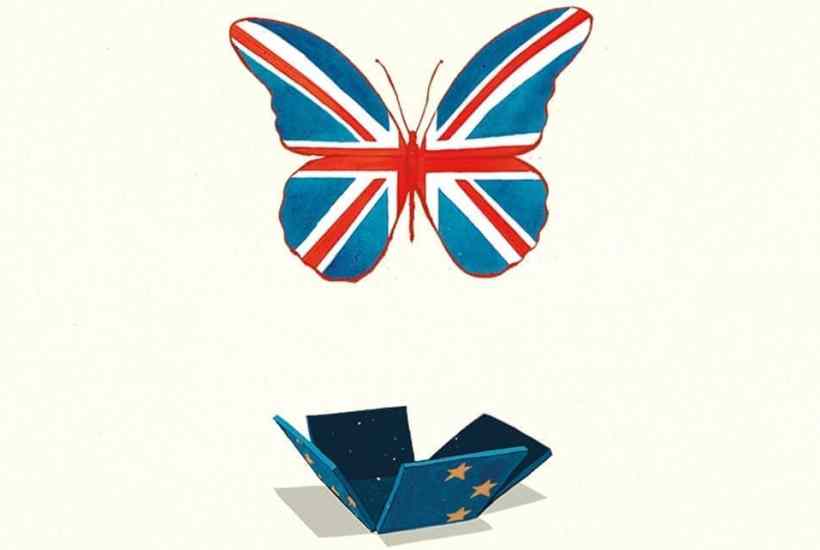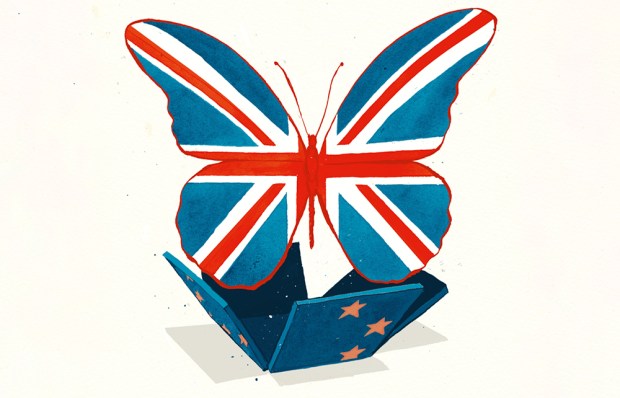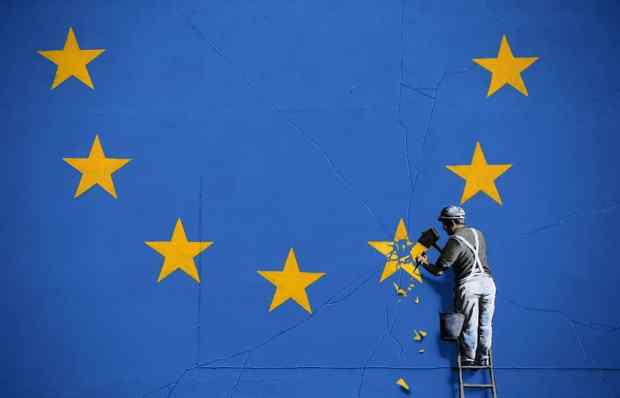The purpose of Brexit was to strengthen Britain’s ties with both the world beyond Europe and with Europe itself, but in a more democratic way that carries popular support.
It was clear to Boris Johnson and to the Leave campaign that the EU ideal of free movement of people, an idea forged in the 1990s, had become difficult to reconcile with the reality of the contemporary world. High-skilled immigration made more sense than low-skilled, they thought, and a new system was needed to deal with 21st-century challenges while strengthening national cohesion.
Johnson’s critics, naturally, portrayed the supporters of Brexit as xenophobes and knuckle-draggers who were afraid of the modern world and sought to return the country to the 1950s. But the reverse was – and is – true. Most supporters of Brexit simply wanted the freedom to implement immigration policies suitable for the modern world. The vision that this magazine supported in both the 1975 and 2016 referendums was summed up by the words we used on our cover both times: ‘Out, and into the world.’ Two years on from Brexit, it seems right to ask whether it is working.
The first test is about restoring faith in democracy. Has Brexit succeeded in making voters feel more empowered? Leaving the EU, while painful, has certainly realigned mainstream political parties with public concerns. Today Britain is pretty much the only European country with no populist parties in parliament or with any serious support. There’s no British version of Marine Le Pen attracting 42 per cent of the vote.
Those who saw Brexit as a project of political reform – this reuniting of mainstream parties with voters in a way that would leave no room for populism – can claim success. Immigration is no longer a major issue of public concern, yet not because Brexit has somehow raised the drawbridge. It’s true that the endless supply of cheap labour has slowed, which means employers must pay a higher wage – or offer training – if they want more skilled workers.
But Brexit, it seems, has succeeded in keeping Britain open under this new system, with immigration now above pre-2016 levels. Movement from the EU has (naturally) fallen but the number of incomers from elsewhere in the world has swelled by 50 per cent, taking the total of new arrivals last year to 843,000. This year, the numbers could be even higher. Some 70,000 Ukrainians have been granted visas and there are a possible 150,000 emigrants from Hong Kong.
Since the plan for Brexit was to swap low-skilled EU migrants for more highly-skilled ones from further afield, in this respect it has succeeded. The number of work-related visas issued to non-EU citizens is up 20 percent on 2016 levels. The number of graduate visas – which allow students to work in Britain for up to two years after graduation – is up 41 per cent. This increase doesn’t trouble anxious voters because it is controlled via a points system. A sense of fairness and order has been restored.
The notable exception are the boatloads of migrants crossing the Channel in the hope of claiming asylum. It remains a very visible problem, and the government has attracted much criticism for its proposal to try to deter incomers by sending them to Rwanda. While offshore migration processing can make sense if done speedily and efficiently, it is hard to reconcile leaving successful applicants in Rwanda with Britain’s international obligations. This is a mess that the government will eventually have to fix.
Nonetheless, if globalisation is defined by movement of people, then Britain can claim in many ways to be doing it well. But successful globalisation means trade too, and here the figures have been disappointing. Trade with the EU was always going to fall, but the hope was that this would be more than offset with trade from the rest of the world. This has not (yet) happened in a way that tallies with the ‘Global Britain’ agenda. And while figures were affected by lockdown, it’s also true that the trade deals agreed so far have been tentative and uninspiring.
Too many exporters – small ones especially – have found themselves tangled in red tape when attempting to send goods to the EU. British customers buying from EU suppliers have ended up being stung for unexpected customs duties. And then, of course, there’s the huge blot on Brexit that is the Northern Ireland protocol – which the government keeps promising to solve but has so far failed to. That failure could have grim consequences for the Union if, as the polls suggest, it leads to a Sinn Fein victory in next week’s Stormont elections.
Britain has always been a country with its eyes lifted to distant horizons: a worldview that was hard to reconcile with an increasingly parochial and protectionist EU. There is much work to do in exploiting the free-trade opportunity – perhaps addressing the cost of living by taking down our own tariffs now we have the power to do so. Yet it is already possible to see the outlines of the vision put forward many times during the Brexit campaign: that of a Britain open to the world. The process was never going to be painless, or quick. But we do, after two years, have clear Brexit successes that can now be built upon.
Got something to add? Join the discussion and comment below.
Get 10 issues for just $10
Subscribe to The Spectator Australia today for the next 10 magazine issues, plus full online access, for just $10.
You might disagree with half of it, but you’ll enjoy reading all of it. Try your first month for free, then just $2 a week for the remainder of your first year.














Comments
Don't miss out
Join the conversation with other Spectator Australia readers. Subscribe to leave a comment.
SUBSCRIBEAlready a subscriber? Log in